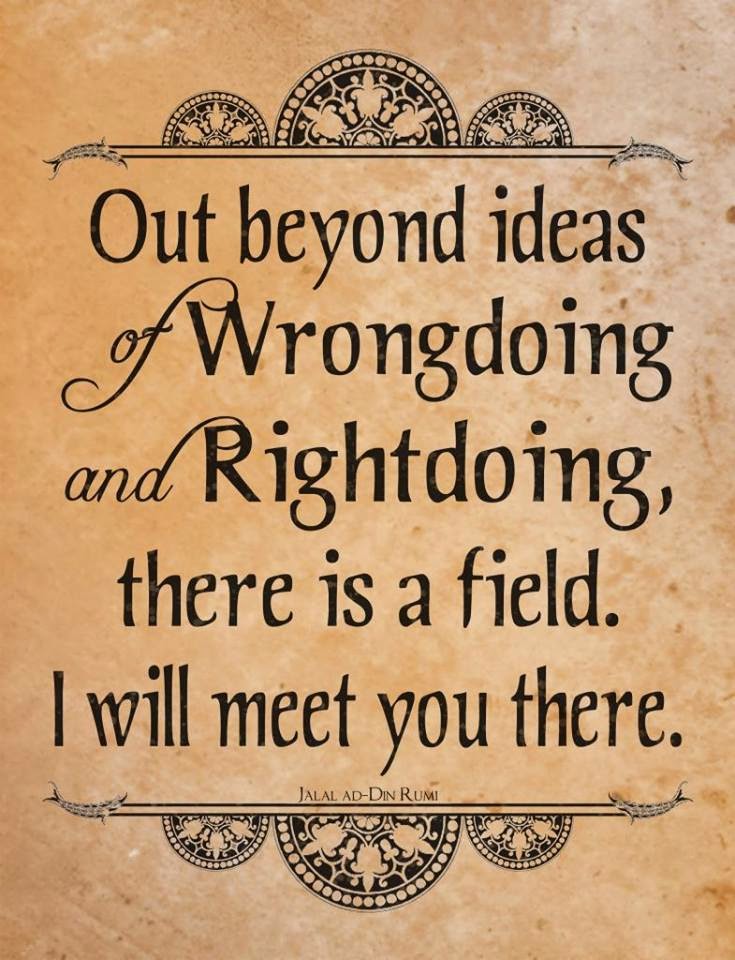The field of geopolitics refers to the study of political events and processes as they relate to the factors of geography, or, more loosely, to the context of place. The idea seems quite intuitive: the context of place influences political events and processes in ways sufficient to say that the same political factors may render very different outcomes when they interact in different spacial/geographical contexts.
Can we apply that definition, loosely, to the world of dreams? i.e. the politics that take place within the conditions of, well, dreams. That is because our dreams are often full of politics: negotiations, competitions, pressures, difficult weighting of decisions, executions, and of course there are good and evil people in our dreams. Although story-lines are not necessarily sequential in dreams, or even logically connected, the conflicts and dialectics of political nature in many of them cannot be missed or denied.
There is one particularly interesting thing about the politics we engage in dreams. In dreams, there is really no good and evil as such; there are rather dynamics of something and anti-something. We may find ourselves pursuing particular and personal things in our dreams, and we may also find ourselves pursuing things of value to some people we care about. We can be either observers (witnesses) or central actors in our dreams. We can even be story tellers or an audience to a story narrated. When one wakes up, there is little dwelling over the evilness or the goodness of the characters involved in the dream story. We spend time trying to decode and understand the story itself. In a way, politics in the dream world are non-judgmental, non-labeling, and are rife with different expectations and reactions; yet at the end of the day (i.e. end of the dream) no personal offense is taken with the characters in the dreams based on what role they played in it. Also, similarly, happy, unhappy, or neutral endings are virtually irrelevant. What matters is the experience, the messages, and the moving-on.
The Sufis – the mystics of the various religions of the world(*) – used to say that this world is the dream of God(s). But, do they really mean it?
Sufis are known to use abstract language (analogical, poetic, allegorical, fable-ish, etc.), and sometimes they use direct language. However, unlike poets and artists, the content of the message is significantly more important than the form of the delivery. So, unless they truly mean it, they do not say it. The Sufi expresses out of the need to express a matter of importance; not necessarily to celebrate the beauty of expression itself. We shall then take the analogy as serious as we should.
Many of those who are religious – or ‘spiritual’ (whatever that means) – would insist that they ‘love God’. I take pleasure in calling that bluff. I do not claim that all those who say they love God don’t, but I will go ahead and say that most of them don’t. The trick is: there is a certain level of knowing who you love required before you can claim to love them. Most of us cannot love God directly because we do not know God enough. Worse, we construct the image of God in our imagination and then demand of God to honour it. We visualize a God that punishes for evil, rewards for good, and is partial for those who associate with God (as opposed to those who don’t?). Few of us are then honest enough with ourselves when it becomes obvious to us – over and over again – that God really does not care about those conditions we worked so hard to conceive and believe.
That is why, also, the Sufis say that God themselves cannot be loved (easily); rather God is mostly only loved by association–i.e. through loving the incarnation of God in the God-creations we love. And that is OK.

If God is universal consciousness; if they represent knowledge beyond limitations, and power beyond measure, then the politics of good and evil, right and wrong, belief and disbelief, are all part of the same picture–the same omnipresence… The same dream. There are no partial or swift judgments, per se. There are stories and messages. There is communication between the physical and the metaphysical at delicate frequencies as well as at intersections of crushing reality and simple pleasures.
Perhaps the analogy of the dream is weak on the part of consciousness–i.e. we do not claim conscious control over the happenings in our dreams, but it would be problematic, even for our own analogy, to assume the same level of control by the universal consciousness that is God. Here is where analogy falls short of delivering the entire message, yet succeeds in directing our thoughts and feelings in the favoured direction.
So.. were the Sufis right?
I personally tend to side with the Sufis on this. It took me a while before I could say that I prefer to engage God on a platform of less expectations and more immersion; less judgment and more understanding; less focus on characters and more focus on ‘the stories’—the grand stories of the universe, the links, and ourselves.
_________
(*) The term ‘Sufis’ (صوفية) is used mainly in Islam to refer to mystics. The writer used to the term from Islam to refer to all mystics of all religions, since the commonalities between mystical paths and wisdoms of world religions are quite big and essential. You may call it a personal opinion, if you want to.
